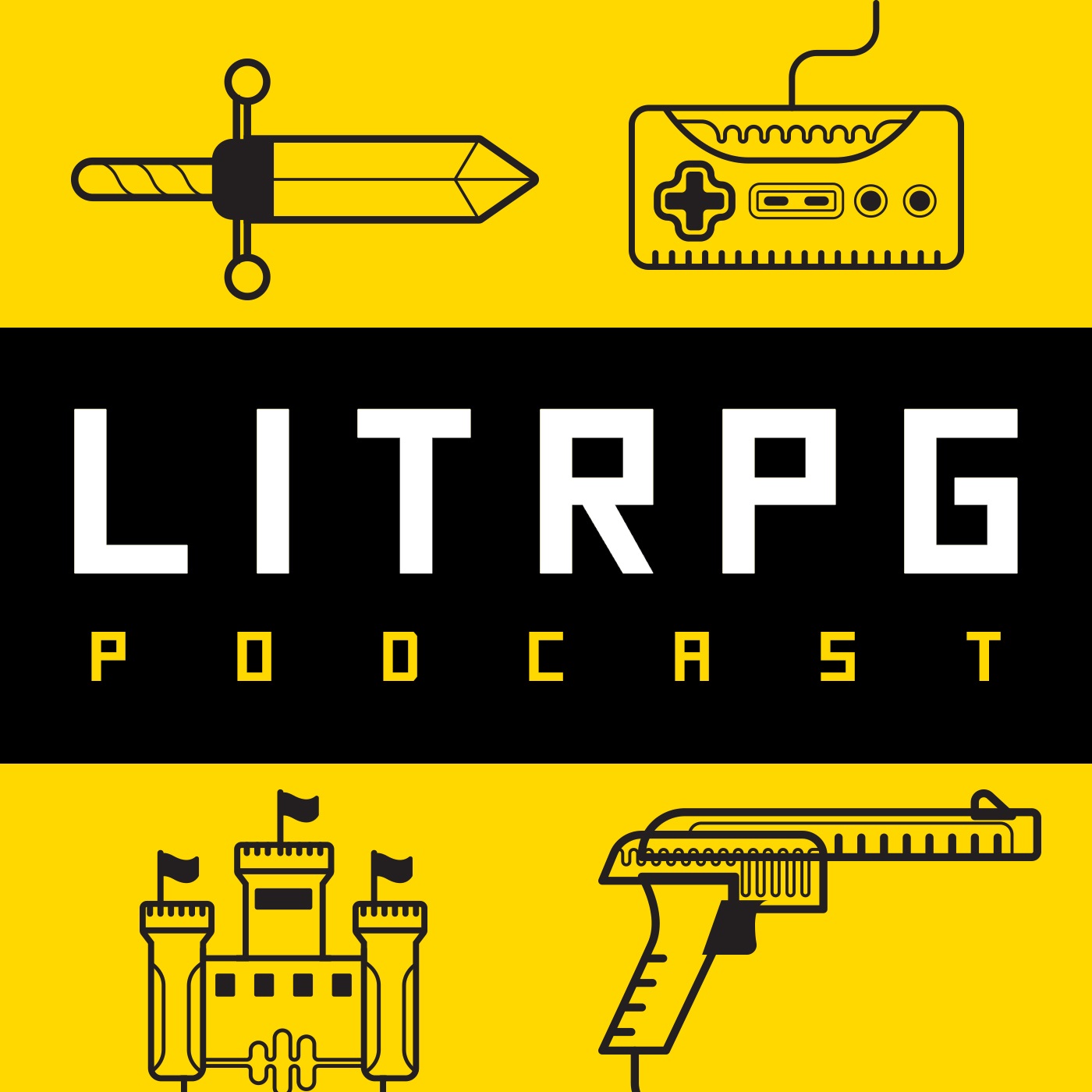What is LitRPG?
For Readers:
Did you grow up playing video games but find that you just don’t have the time you used to commit to a 100 hour + game? Do you still want the rush you experienced playing those games? Ever dream about living in your favorite video or tabletop game?
Then LitRPG is for you. LitRPG, or Literary Role Playing Games, is an amazing new genre of fiction that combines the things you love about video games with exciting fiction stories.
There are hundreds of LitRPG stories on Amazon that you can check out. Just search for LitRPG. You can also find quite a few as audiobooks too. We have a recommendation list here.
For Authors:
If you’re an author interested in writing a LitRPG story, we welcome you. Some of the best authors in the genre are first time writers and the community on the whole is very welcoming of new writers. Here is a bit more detail about how LitRPG differs from from other genres.
*These are the guidelines I use when I review LitRPG stories. Point 1 & 2 are things most people agree on. 3 & 4 are things I specifically add for myself because I've read too many novels that have like a page of game stuff in a 400 fantasy page novel but still try to call it LitRPG.*
These guidelines are based on, in part, what the LitRPG groups on Facebook agreed on as the minimum requirement of LitRPG. However, just like any popular genre of fiction, you'll find lots of opinions about what is good LitRPG or what in particular they like about LitRPG. These guidelines provide enough structure to differentiate LitRPG from Video Game fiction or VR fiction, but still allow for a maximum amount of room for story telling.
1) The story exists in an RPG game world or world with expressly stated RPG game mechanics. This can mean that the story is set in an MMO, a VR game, an RPG game, a parallel or alien world, or anywhere else as long as there are expressly stated game mechanics.
Game mechanic examples (not specific requirements): Level up Notifications, Experience Points given for completing quests or killing monsters, learning game skills, item descriptions, and health/mana bars.
What type of game mechanics are in the story are of less importance than the fact that they’re not hidden away in the background from either the reader or main character. How much of the game mechanics that have to be shown to the main character is up to the author. A good rule of thumb: if the reader has been given enough information that they could roll their own character in your story’s game world, then you’ve included enough information about the game mechanics.
2) The main character progresses in an expressly stated way according to those game mechanics. For example: Leveling up, Increasing skills or abilities, increasing ranks, or increasing reputation. Also by expressly stated, I mean that it says it in the text of the book and isn't something that's inferred or something only the author would be aware of.
3) A significant portion of your story should be set in the RPG world. Even if the story has a section in which the characters go on a LitRPG adventure in a game, if it's only a few pages long out of the hundreds that the novel is, it probably isn’t LitRPG. I usually look for at least 50% of the story being in the LitRPG game world.
4) Additionally, the LitRPG sections of the story have to have meaning. It can't just be something that characters do for few pages but doesn't have any impact on the story. As a general rule of thumb, if you can take out all the VR/LitRPG stuff out of a story and the novel is almost exactly the same, it probably isn't a LitRPG story.
Now to be clear, these are just some agreed upon guidelines from the community. There's a lot of other stuff related to good storytelling that still applies but these are just a couple things writers should be aware of if they’re interesting in writing a LitRPG story.
